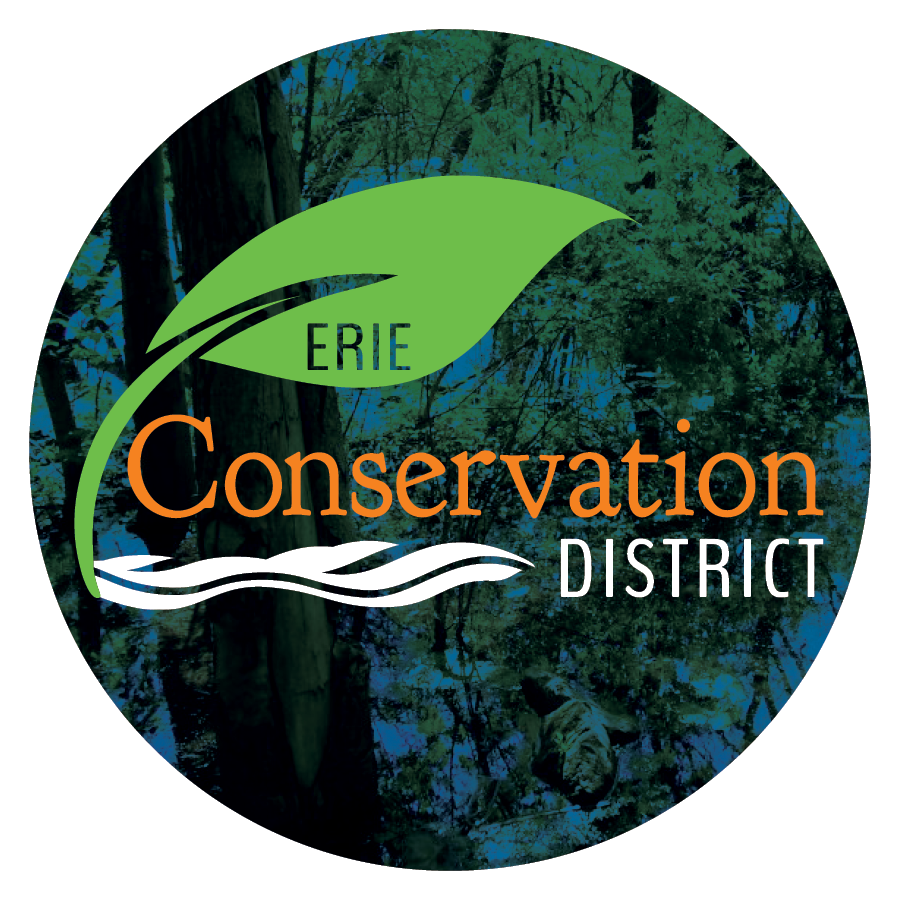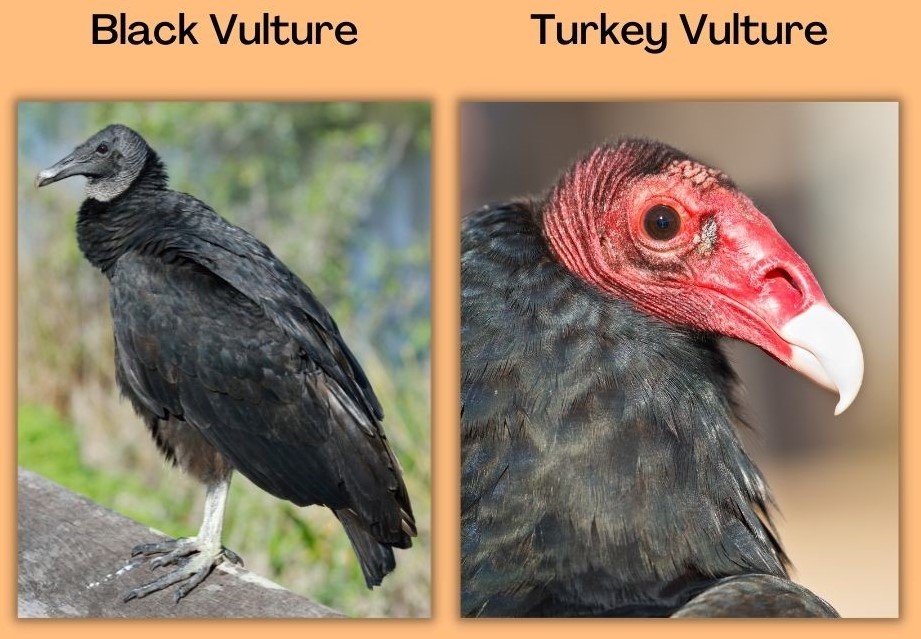Black vultures are no longer a stranger to northern Ohio. Up to just recently, the only vultures observed in our immediate vicinity were the red-headed Turkey vultures. Now however, their southern ‘cousins’ are starting to make a more frequent presence here in the north. Since their populations have increased in recent years, the Black vultures have ‘spread their wings’ all the way up to the shores of Lake Erie. So, don’t be too surprised if you start to see a few more of them hanging around.
Not to be confused with the more common longer-winged Turkey vulture, Black vultures have a darker grayish head. They also tend to be a little more aggressive! Though not all bad in the sense that Black vultures can play a beneficial role in our environment, mainly by cleaning up animal carcasses, they are also known to present a real threat to livestock producers. They have a villainous reputation of preying on young livestock (particularly newborns), causing injury and sometimes death. This has been well documented and has created significant economic losses for more than a few livestock producers.
As migratory birds, Black vultures are federally protected by the Migratory Bird Treaty Act, state laws and regulations, which means they can’t be killed or destroyed without a U.S. Fish and Wildlife Services (USFWS) Migratory Bird Depredation permit! The good news is the ODNR Division of Wildlife has obtained a statewide depredation permit for Black vultures from the USFWS and will be working with the USDA Wildlife Services to issue sub-permits to livestock producers, if/when a producer experiences livestock damage. These sub-permits cover commercial livestock, including cattle, horses, sheep, goats, and swine and are free to livestock producers.
Approved applicants will be allowed to remove up to five birds, which will be determined after consultation with USDA Wildlife Services. Applicants must agree to follow all rules and regulations required by USFWS in the ODNR statewide permit. Livestock producers may request a sub-permit application by contacting Thomas Butler at thomas.p.butler@usda.gov. You can find more information and recommendations in dealing with Black vulture conflicts on the DOW’s web page.
Check out the Managing Black Vulture Damage Handout for issues related to black vultures.

